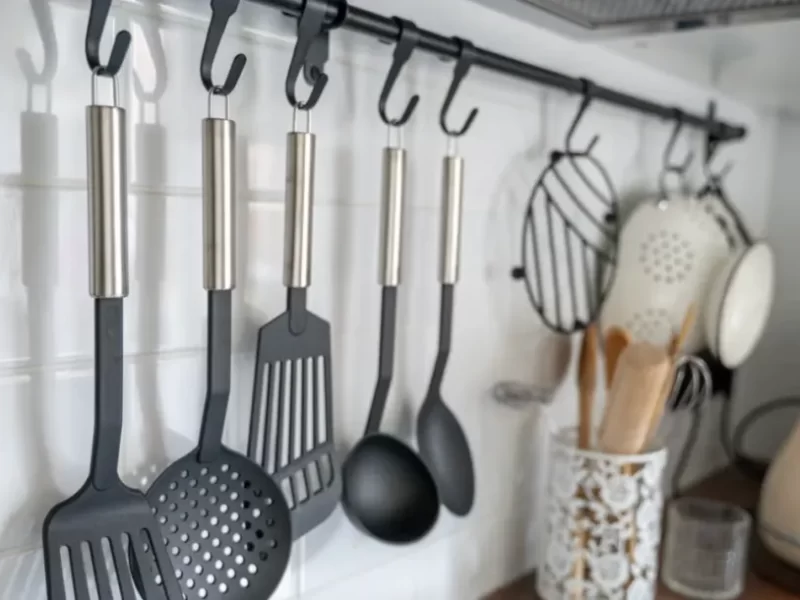
Because the material is lightweight, heat-resistant, and easy to clean.
Black plastic kitchenware is highly favored by many families.
However, beneath this convenience lies a lesser-known risk.

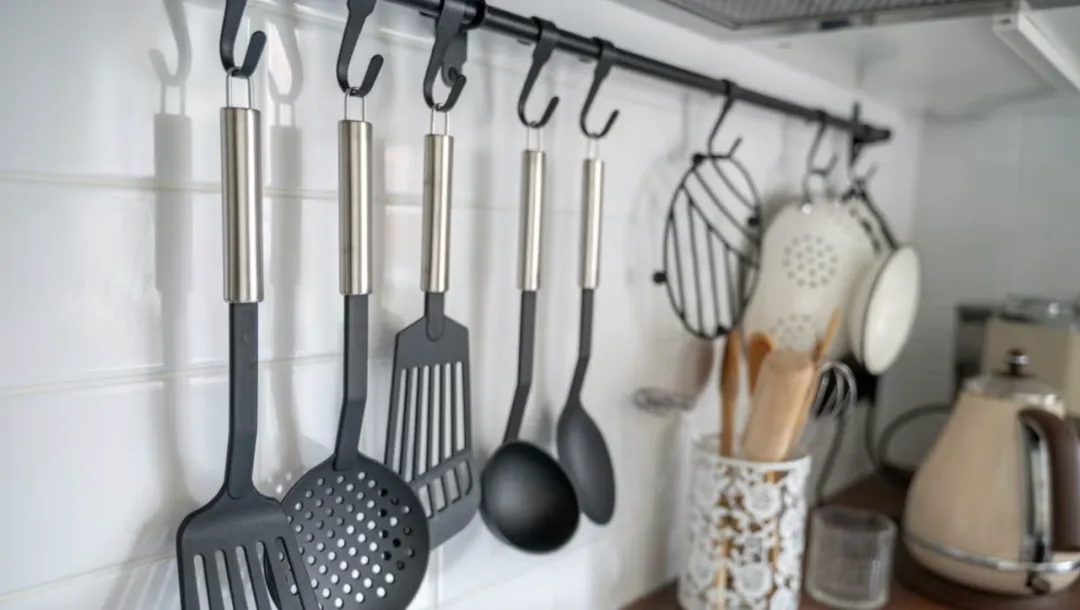
Study on Hidden Toxins in Common Household Kitchenware Reveals Astonishing Truth!
According to a recent study:
Many seemingly harmless kitchen products may contain carcinogens that pose a threat to health, particularly when used at high temperatures.
A study conducted jointly by Toxic Free Future and the Free University of Amsterdam tested 203 black plastic household items, and the results were shocking:
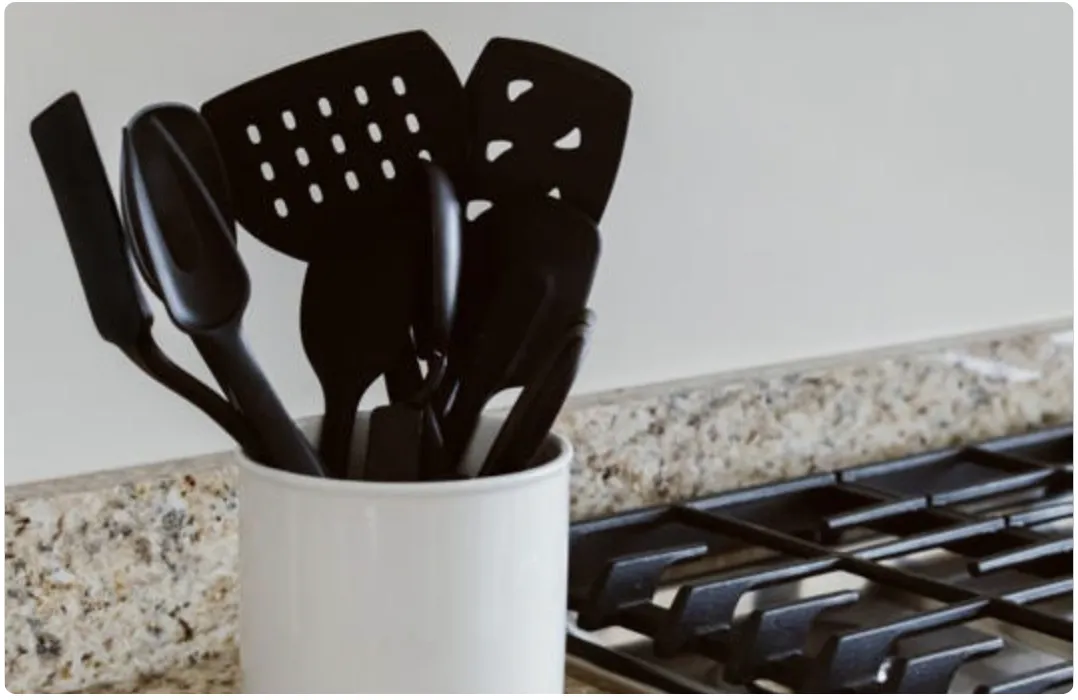
Up to 85% of the products contain high concentrations of flame retardants.
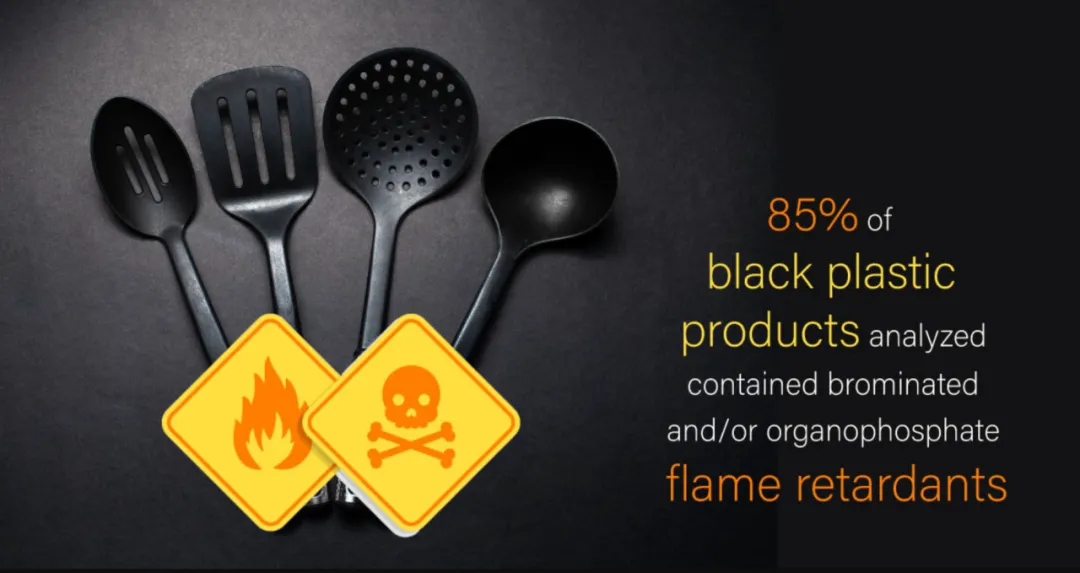
The original purpose of flame retardants is to slow the ignition and burning of electronic products. However, once these chemicals enter the kitchen, they can become invisible threats to health.
Black plastic poses greater risks. The primary reason is its material source.
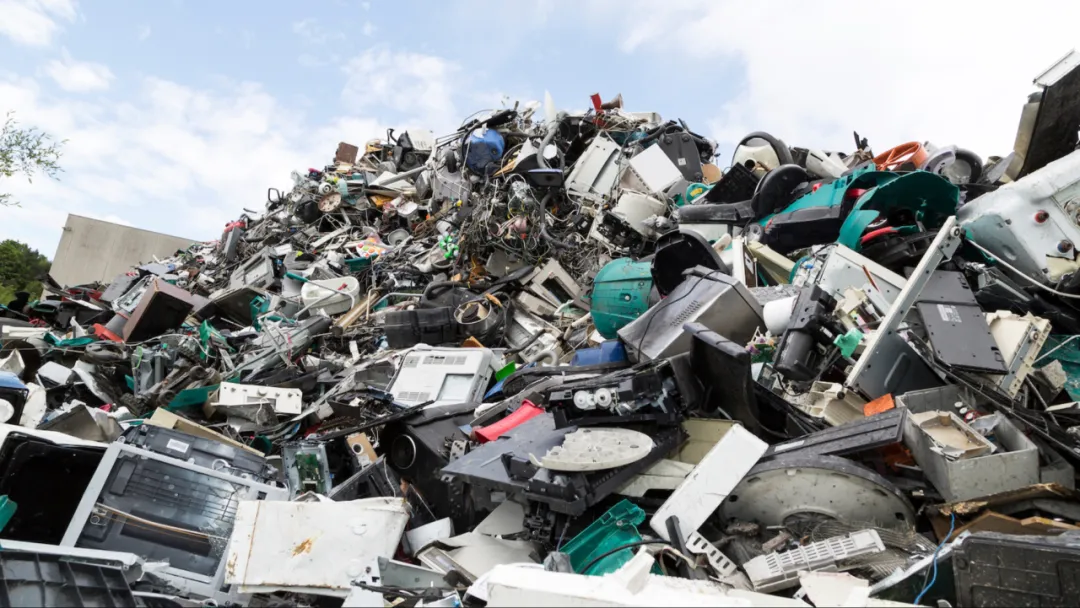
Because recycled electronic waste often contains high concentrations of flame retardants, such as those found in televisions, mobile phones, and computers, most of these materials are processed into black plastic products.
Therefore, in comparison to other colors of plastic, black plastic is more susceptible to contamination.
When using this black plastic tableware:
When cooking or serving dishes with shovels, pliers, and spoons, toxic substances can leach into the food!
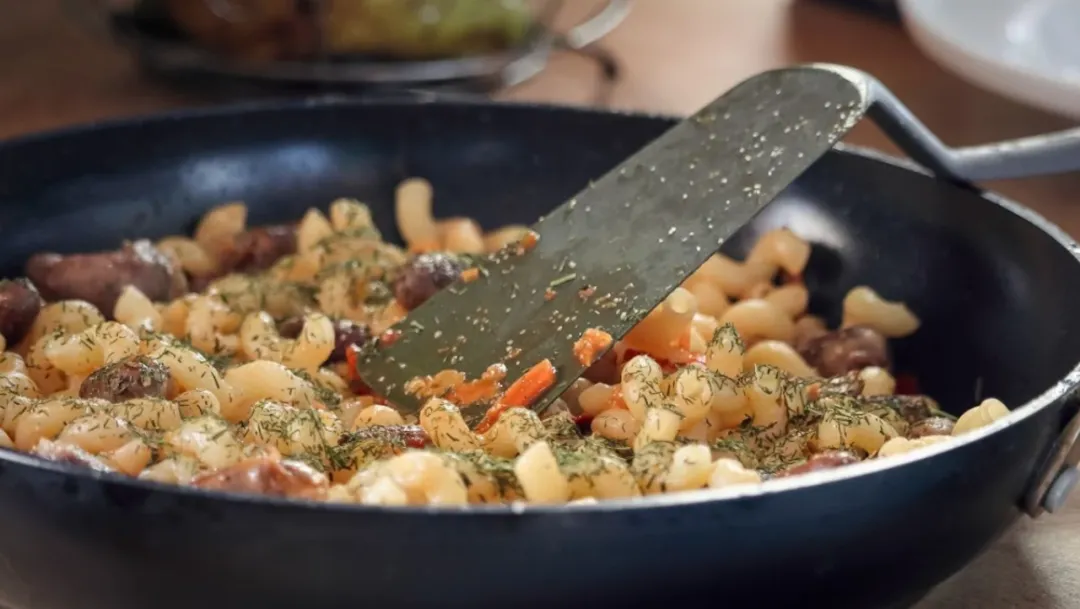
Heating can increase the leakage rate, so it is important to avoid reheating leftovers in black food containers, such as those used for takeout.
In fact, this harmful substance has infiltrated every aspect of our lives!
Expert Advice: Replace These Kitchen Utensils as Soon as Possible!
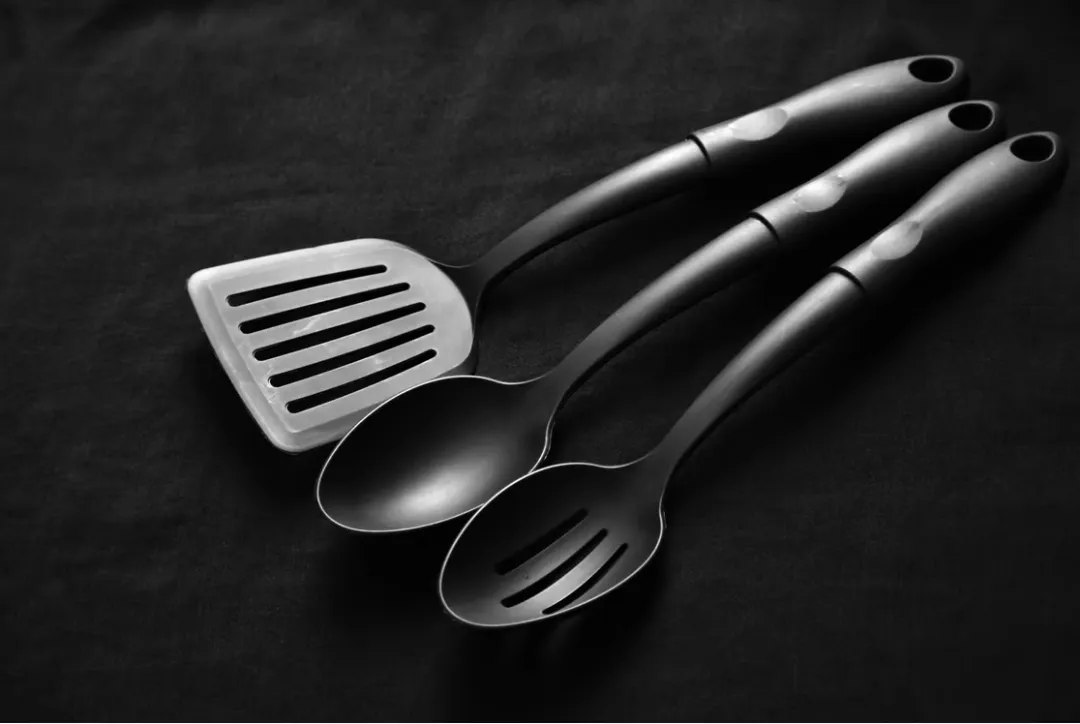
- Avoid high-temperature contact between kitchen utensils and non-replaceable items, and minimize the duration of contact between black kitchen utensils and high-temperature food as much as possible.
- If kitchen utensils are damaged, they should be replaced immediately. If they deform or melt due to high temperatures, they must be discarded promptly to prevent the release of toxic substances.
Meanwhile, Jamie Alan, an associate professor of toxicology at Michigan State University, suggests that “damaged kitchen utensils should not only be discarded immediately but contaminated food should also be disposed of as well.
To enjoy every meal with peace of mind, consider the following materials when selecting kitchenware!
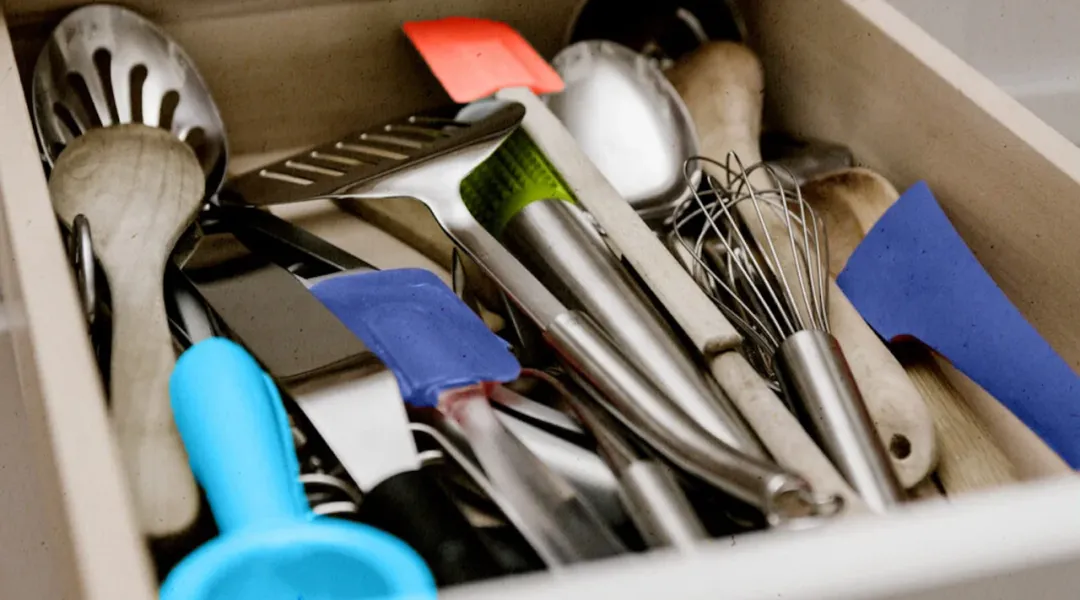
- Metal kitchenware is resistant to high temperatures and easy to clean, making it an ideal choice for daily cooking.
- Ceramic kitchenware is healthy and environmentally friendly; however, care should be taken to avoid damage.
- Wooden kitchenware is natural and environmentally friendly; however, it requires more careful cleaning and disinfection.
For the sake of your health and that of your family
it is time to inspect your kitchen and
replace any black plastic utensils promptly!
